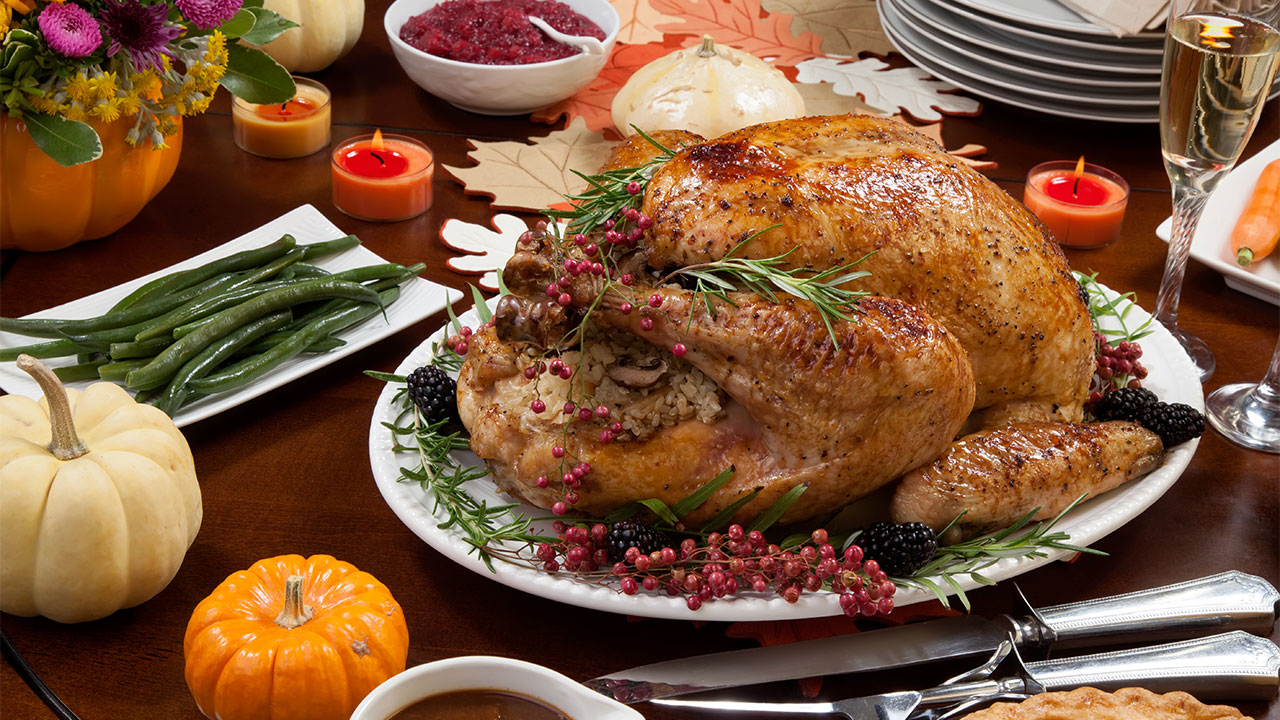How long do leftovers last? Your guide to post-holiday food safety
Health officials recommend eating or freezing turkey and other leftovers within three to four days.

LOS ANGELES -- The joyful indulgence of a holiday meal doesn't necessarily end when everybody gets up from the table -- it's a time-honored tradition to dig back into your leftovers in the days following a big holiday or even to give them new life as sandwiches or casseroles.
Leftovers, though, don't last forever, and it's important to practice good food safety habits to prevent the spread of foodborne illnesses. As a general guideline, the U.S. Department of Health & Human Services recommends eating or freezing turkey and other leftovers within three to four days. For Thanksgiving, that means you should eat or freeze by Monday.
If you're not sure what to do with leftover turkey, visit FoodSafety.gov for a list of easy leftover turkey recipes.

Storing leftovers
After your big holiday meal, refrigerate your leftovers within two hours to prevent spoilage. Any perishable food left at room temperature for more than two hours should be considered unsafe and discarded.
Contrary to popular opinion, you shouldn't let leftovers cool to room temperature before refrigerating them, according to DHHS: "Leftovers should be placed in the refrigerator or freezer as soon as possible, even if they still have steam or heat coming off of them."
It's best to portion out leftovers into smaller servings and store them in shallow containers with a lid, DHHS recommends, so carve your turkey instead of storing a whole bird.
Reheating leftovers
When it comes time to feast on your leftovers, make sure that you reheat them thoroughly.
"Always test reheated leftovers in several places with a meat thermometer to be sure they reach 165 degrees Fahrenheit throughout. When reheating foods in the microwave, cover and rotate or stir foods once or twice during cooking," the USDA advises.
If you're reheating in the oven, the oven should be set to 325 degrees or higher, the agency added. Slow cookers and chafing dishes should not be used to reheat previously cooked dishes because they could keep food at an unsafe temperature for too long, though they can be used to keep already-reheated food warm during serving.
Freezing leftovers
Should you choose to freeze leftovers, your mileage will vary depending on the dish. The USDA's FoodKeeper app broadly advises consumers that leftover dishes containing meat, fish, poultry, or egg last two to three months in the freezer. Leftovers without meat, though, only last one to two months in the freezer.
This story was originally published in November 2018.









